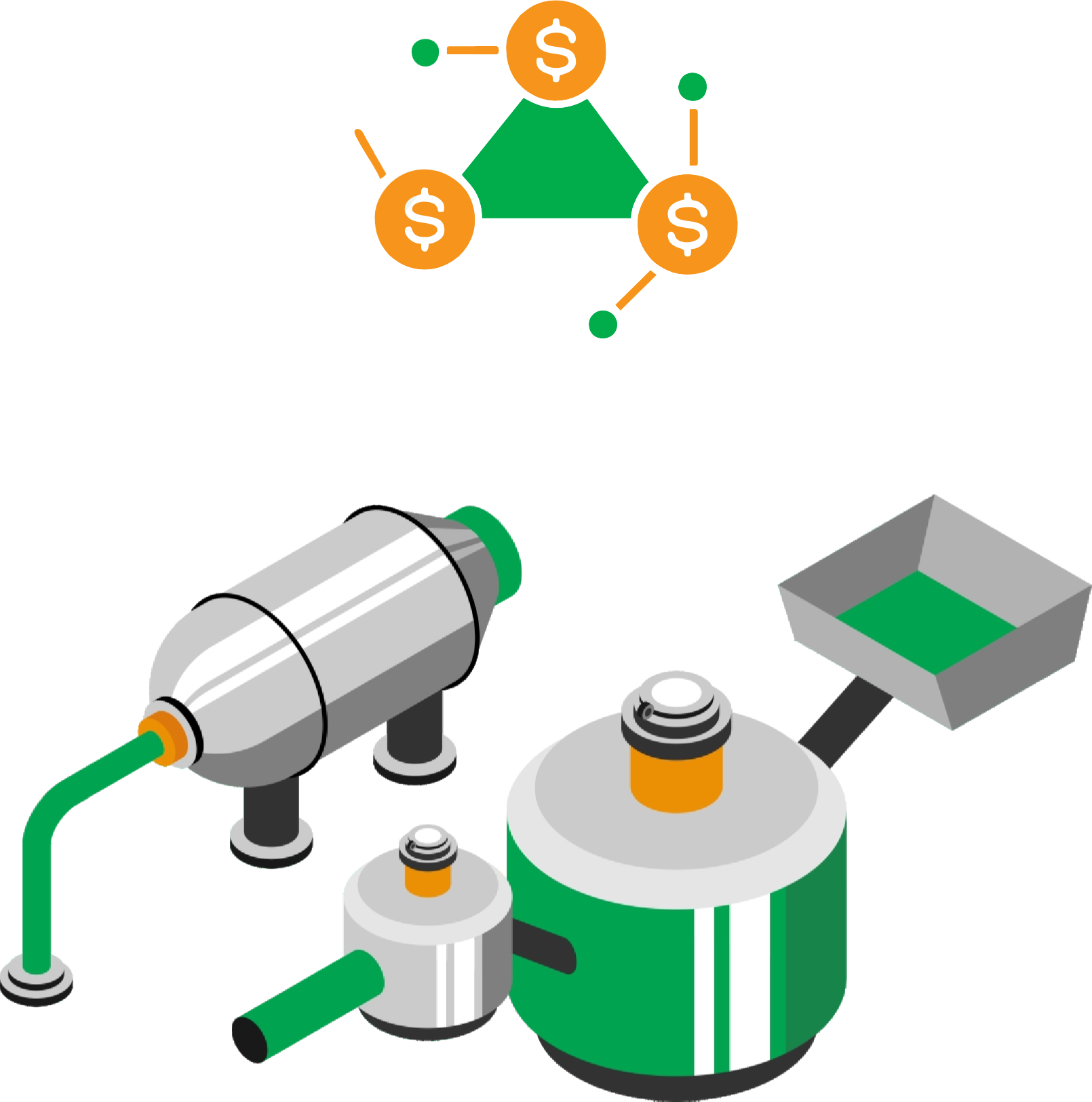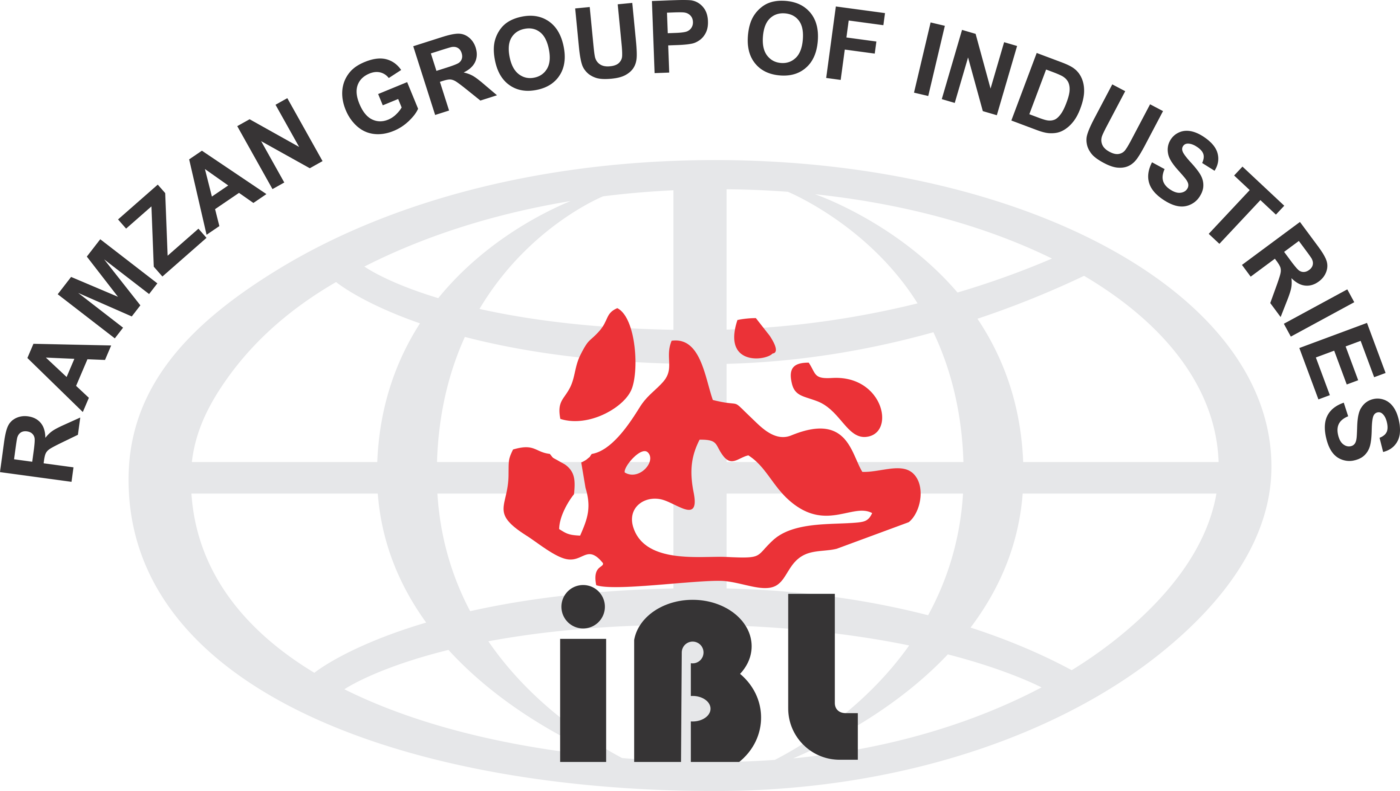Business Model of IBL

1. Development of Biomass Supply Chains:
To facilitate biomass supply chains for power plants and other process industries, IBL focuses on identifying and training rural youth to become “Village Level Entrepreneurs”
(VLEs). These entrepreneurs play a crucial role in collecting, processing, and transporting biomass from Individual farmers to the designated facilities
2. VLE Training and Equipment Provision:
VLEs undergo comprehensive training provided by IBL and are equipped with the necessary machinery.
such as shredders and balers, to efficiently handle biomass. This ensures that the entire supply chain is managed effactively from the grassroots level
3. Long-term Fuel Supply Agreements:
IBL establishes long-torm fuel supply agreements with clients, specifying pre-decided prices and schedules for biomass supply. The company guarantees both quantity and quality of fuel supply, acting as a reliable single-point solution for all the client’s fuel needs.
4. Additional Revenue Source for Farmers:
IBL’s business model provides an additional source of revenue for farmers by purchasing their biomass feedstock. Previously, this biomass might have been burned or left in openfields, contributing to harmful particulate and methane emissions. By converting biomass into clean and renewable power through boilers with pollution control equipment, IBL prevents pollution and promotes sustainable energy generation.
5. Environmental Impact and Carbon Reduction:
The biomass-based power generation process not only prevents pollution but also contributes to carbon reduction. For every 10 MW biomass-based power plant, approximately 56,000 MT per annum of carbon dioxide generation is avoided, showcasing the positive environmental impact of IBL’s business model
6. Rural Income and Employment Generation:
The entire rural chain, involving VLEs farmers, and rural youth, benefits from the biomass supply chain. Local farmers use tractors, trolleys, and other equipment for the collection, storage, and supply of biomass, creating additional income sources within the community. Abiomass power plant requiring 450 MT par day generates an estimated 1,421 “green jobs” within the rural community, contributing to total income. generation of USD 1.5 Million.
7. Multiple End Uses of Biomass Residues:
Biomass residues such as cotton stalk, Julifiora, maize cob, etc,, have diverse end uses, including power generation, bio-fuel and bio-chemical production, as well as bio-gas and bio-CNG production. These applications add significant economic value to the biomass feedstock
8. Training and Development of Rural Youths:
IBL’s business model includes the training and development of more than 500 rural youths to become VLEs. These individuals actively participate in the collection, processing, and transportation of biomass to power plants, contributing to both skill development and employment generation in the rural economy.
9. Net Income Generation for VLES:
On average, each VLE can deliver about 350 MT of chipped cane trash to the power plant, earning a net income of approximately USD 2,500 per annum. This results in a substantial net income generation of USD 1.25 Million per annum collectively for VLEs engaged in biomass aggregation and supply business. IBL’s innovative and socially impactful business model not only addresses energy needs sustainably but also fosters economic development, environmental responsibility, and community empowerment.
